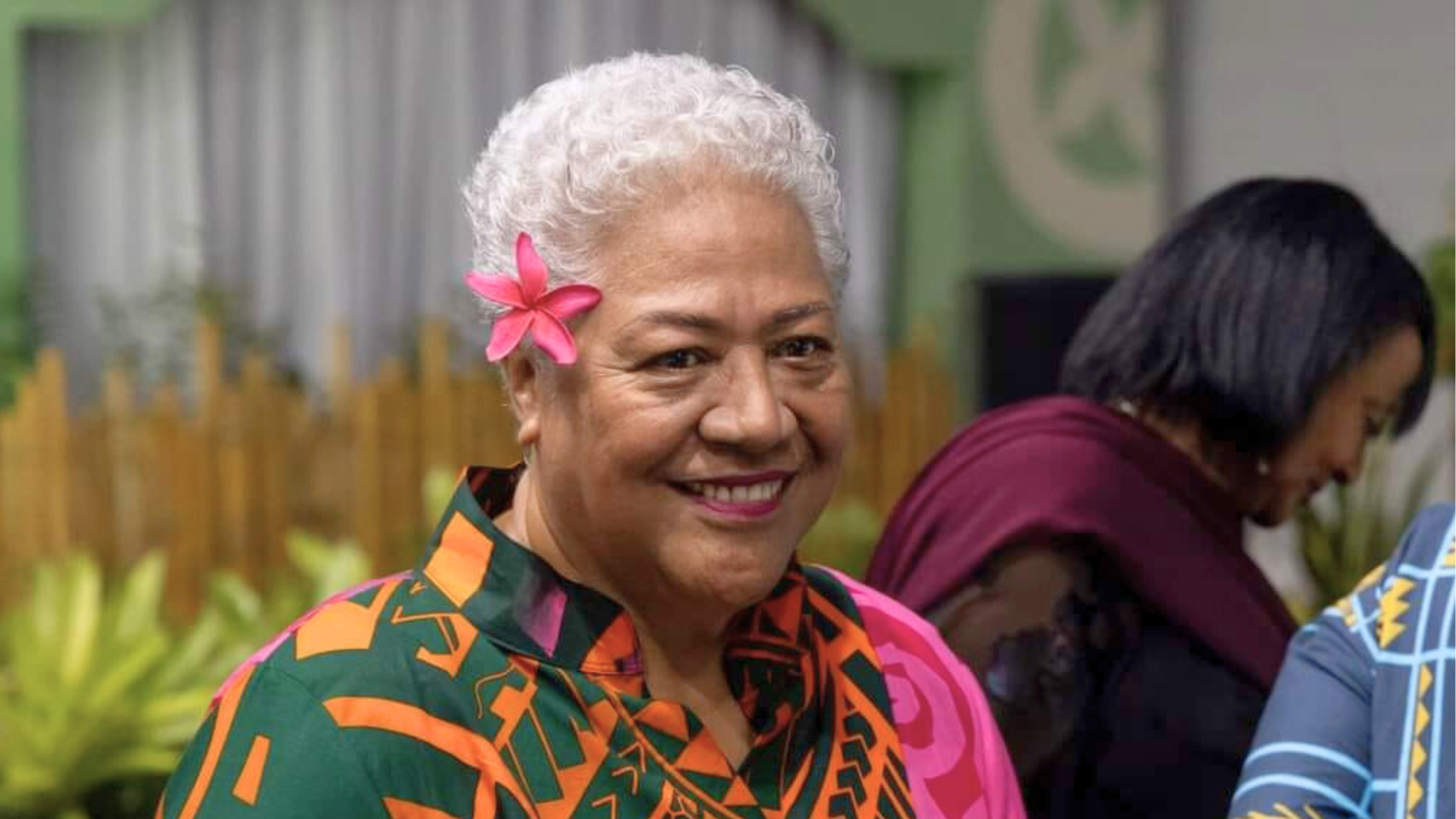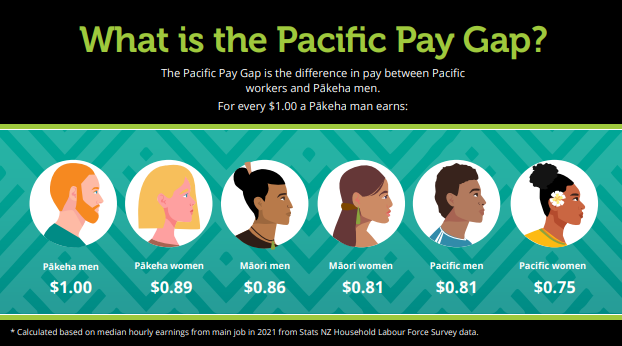

Pacific workers are over-represented in lower-wage jobs such as machinery operators.
Photo/ Jeriden Villegas via Unsplash
South Auckland organisation aims to boost Pacific job prospects and incomes
In the next two years, a third of Auckland’s workers will be Pacific, but with 59 per cent of Pacific workers in lower income jobs, what is being done to improve outcomes for our future workforce?




Villagers begin talks with government on sharing Manawanui compensation fund

Manu Sāmoa’s last chance: Journey of resilience ahead of the Dubai repechage


Samoa's ex-PM Fiamē sues Laaulialemalietoa for defamation over murder case claims


Villagers begin talks with government on sharing Manawanui compensation fund

Manu Sāmoa’s last chance: Journey of resilience ahead of the Dubai repechage
A South Auckland community enterprise is helping future proof the country’s workforce, while urging the government to address the Pacific pay gap.
“If Auckland is regarded as the economic engine room of Aotearoa New Zealand, then South Auckland’s the fuel," says Peter Cordtz, community economic development lead at The Cause Collective.
“Because of the demographics, ageing population and Pacific communities being the youngest and fastest growing population, Pacific people will be an increasingly higher proportion of a shrinking workforce, so it’s not in anyone’s interest for Pacific people to remain anchored at that end of the food chain in terms of the workforce.”
A report, Pacific Peoples and the Future of Work, predicts a third of Auckland’s workers will be Pacific by the end of 2026, along with concerns 59 per cent of Pacific workers are in lower income jobs, such as labourers, machinery operators, cleaners, and container fillers and are underrepresented in managerial and professional roles.
'Raise their gaze'
The Cause Collective has launched the Matangi Fou initiative, a series of online resources and micro-credential courses to help people upskill, such as financial and digital literacy courses at local churches and community hubs.
Speaking to William Terite on Pacific Mornings, Cordtz says the courses are to bring hope and vision to local communities, as a way to see beyond the daily struggle.
“Many in our community aren't aware of what the jobs of the future are, and more importantly don't see what the future of work, what its relevance is to their current reality.
“So, just living day to day and surviving, doing what they need to do today, and this is about helping raise their gaze to see what else might be possible.”
The original target was 500 small courses, but the Cause Collective has already put together 590 micro-credentials, with more than 300 people going through the Young Entrepreneurs Programme. Cordtz says their Future of Work series profiles different workers in future-focussed roles.
“That ranges from the young Samoan who’s working for a large mainstream engineering outfit, driving their AI programme around improving Auckland traffic flow.
“Through to a Tongan builder who worked in construction for years, who’s come off the tools because they’ve reskilled to try some of the digital tools that allow them to be a site a project manager now.”
A wider issue
The Human Rights Commission released a report in 2022 showing Pacific women earn $0.75 for every dollar earned by male, palagi counterparts. Cortdz says education and being in the right industry are only some of the factors at play.
“Some of it was attributable to education, roles that they’re in, but there was a good chunk of it, nearly two-thirds of it, that was unexplained.
“The Human Rights Commission put much of that down to unconscious bias, to systemic discrimination, all those sorts of things that are much harder to fix than just getting people better education opportunities.”

Image/Human Rights Commission